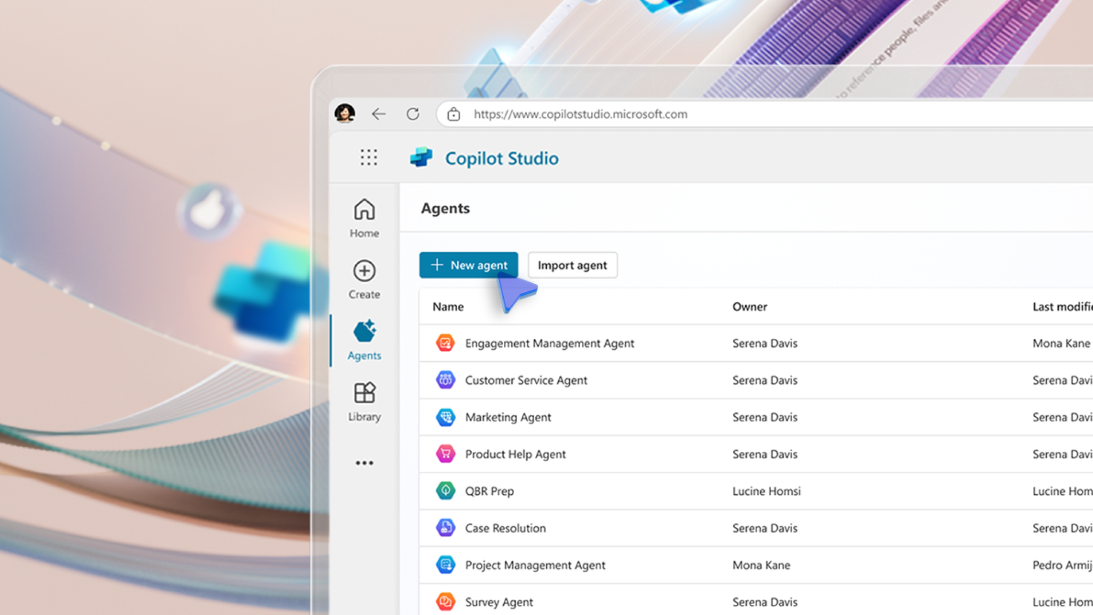Implementing a new system can come with its challenges and Dynamics 365 Sales is no different. Keeping your objectives focused and the scope of the project tight can make things go smoother and help you stay on budget. We help organisations adopt and implement Dynamics 365 Sales and have listed out our top 5 tips to help you successfully implement it.
- Clean Data – when setting up your new CRM solution it is important to clean your data before uploading it into the system. What data do you actually need, how up to date is this data? All of this needs to be worked through to give you a fresh start and an accurate sales system.
- Adapt processes to Dynamics 365 – One of the things many organisations get caught up in is trying to customise systems to perfectly match their existing processes. Like with data, a new CRM solution is a perfect time to rethink your sales process and to follow the Microsoft recommended steps. The great thing about Dynamics 365 is it is easily configured but the closer you match the default approach the cheaper and easier your implementation will be.
- People – For any big technology project people are the key to success. For Dynamics 365 Sales, ensuring you understand your users, the culture and openness of these users is critical. Then keeping your sales leaders and teams involved in the design and testing phases will ensure you have a system that delivers for them. Then you should spend time training your teams, building knowledge and capability throughout every user group, with an investment in the creation of super users being a key step.
- Focus on integrations – A new business application is a new opportunity to create productivity within your sales teams, which means more selling time and more sales. The range of integrations available with Dynamics 365 Sales is a key way of maximising this. Integrations with Outlook, Teams, SharePoint and more should all be fully setup up from the get-go to drive those savings.
- Reporting – Sales is a critical business activity, understanding what your pipeline looks like, what deals you are winning and losing, who your best customers are, who are the best performers in your team, how to develop commission structures and more. These are all key metrics that are easy to track and follow via the different dashboards, and the integration with Power BI allows easy to set up custom reports. These reports will drive better analysis and decision making and help you win more opportunities.
The above tips are key areas to focus on when you are implementing Dynamics 365 Sales, not just to complete the project but to drive value from the system. If you would like to learn more about Dynamics 365 Sales, then download our guide Selling more with Dynamics 365 Sales here or contact us today.




